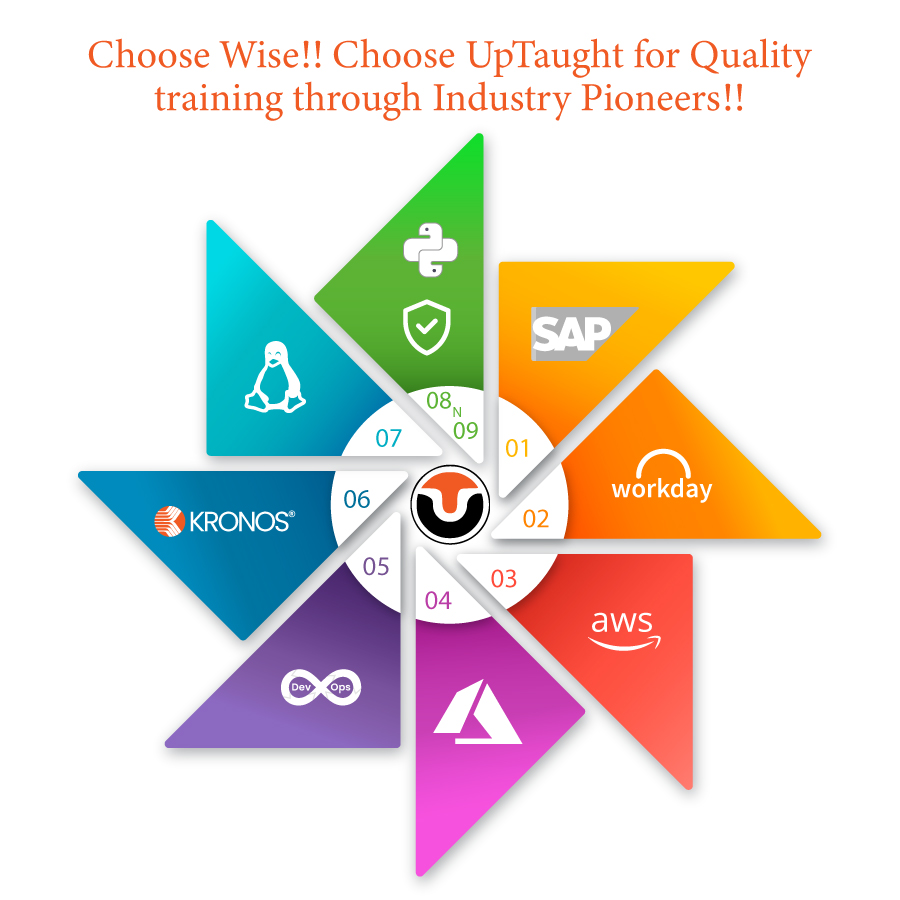Quantum computing is often portrayed as a mysterious field reserved for physicists and mathematicians. In reality, you don’t need a PhD to get started. With the right approach and resources, anyone with curiosity and motivation can begin their journey into quantum computing and unlock exciting career opportunities.
Busting the Myth: Quantum Computing Is for Everyone
Forget the stereotype-quantum computing is not just for scientists in lab coats. Thanks to accessible online tools, interactive courses, and a welcoming community, beginners from diverse backgrounds are joining the quantum revolution. Whether you’re a student, software developer, or tech enthusiast, you can start learning today.
Prerequisites: What You Need to Know
You don’t need advanced degrees, but a few basics will help:
Math Fundamentals: Comfort with high school algebra and a willingness to learn some linear algebra (vectors, matrices, complex numbers) is important.
Programming Basics: Familiarity with Python is highly recommended, as most quantum programming frameworks use it.
Curiosity and Persistence: The field is new and evolving; a growth mindset will take you far.
Recommended Learning Path
1. Master the Foundations
Start by understanding core concepts:
Qubits: The quantum version of bits, capable of being in multiple states at once (superposition).
Superposition & Entanglement: Fundamental principles that give quantum computers their power.
Quantum Gates: Operations that manipulate qubits, analogous to logic gates in classical computing.
Free Resources:
[TutorialsPoint Quantum Computing Tutorial]
[YouTube: Introduction to Quantum Computing for Absolute Beginners]
[Qiskit Textbook and YouTube Channel]
2. Get Hands-On with Tools and Simulators
Practical experience is crucial. Leading platforms include:
IBM Quantum Experience: Run real quantum circuits on IBM’s cloud-based quantum computers.
Qiskit: An open-source Python library for quantum programming, with extensive tutorials and community support.
Microsoft Quantum Development Kit and Quantum Playground: Other great environments to experiment and learn.
3. Join the Community
Connect with others to accelerate your progress:
Online Forums: Engage in discussions, ask questions, and share projects on platforms like Stack Overflow, Reddit’s r/QuantumComputing, and dedicated Discord servers.
Social Media Groups: Follow quantum computing hashtags and join LinkedIn groups for networking and updates.
4. Explore Quantum Algorithms and Applications
Learn about famous algorithms like Shor’s (for factoring) and Grover’s (for search), and discover how quantum computing is applied in AI, cryptography, and drug discovery.
5. Accelerate with a Structured Course
While self-study is valuable, a structured course provides:
A clear learning roadmap
Expert guidance and mentorship
Hands-on projects and real-world applications
Community support and career advice
Many beginners find their confidence and skills grow much faster with a formal curriculum.
Success Stories
A software engineer with no physics background used online tutorials and Qiskit to build quantum circuits, later landing a role at a quantum startup.
A college student joined IBM Quantum Experience, participated in online challenges, and won an internship in quantum research.
Additional Tips for Success
Set small, achievable goals and celebrate progress.
Don’t be afraid to ask questions-everyone starts as a beginner.
Stay updated: Quantum computing evolves rapidly, so revisit resources and join webinars or workshops.
Track your learning and share your journey online to connect with mentors and peers.
Ready to Begin? Take the Next Step
The world of quantum computing is open to you-no PhD required. If you’re eager to accelerate your journey with expert guidance, hands-on projects, and a supportive community, enroll in the quantum computing course at uptaught.com.
For more details, contact uptaught.com and start your quantum journey today!




